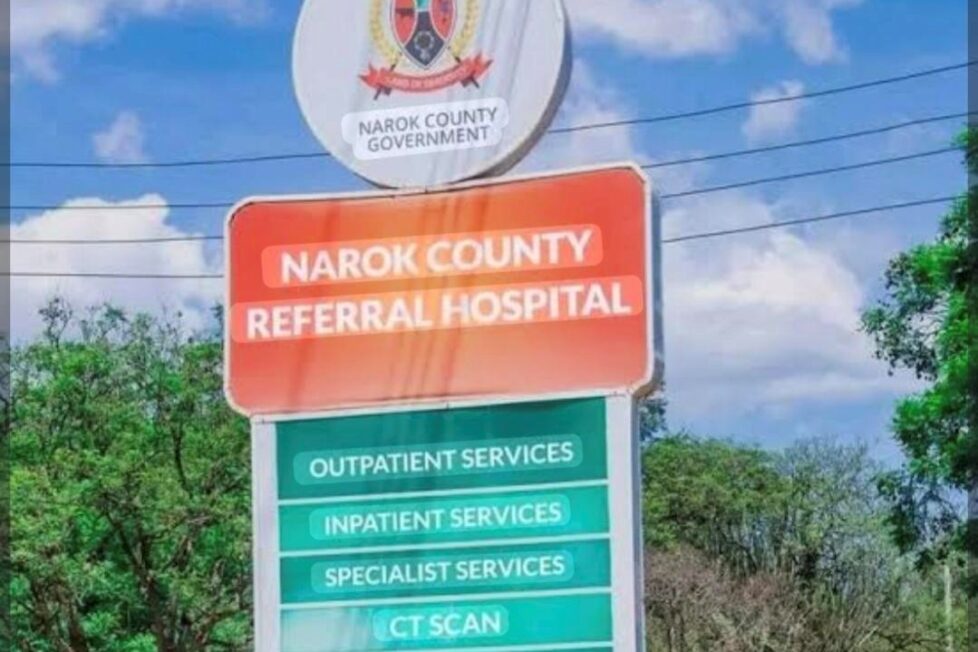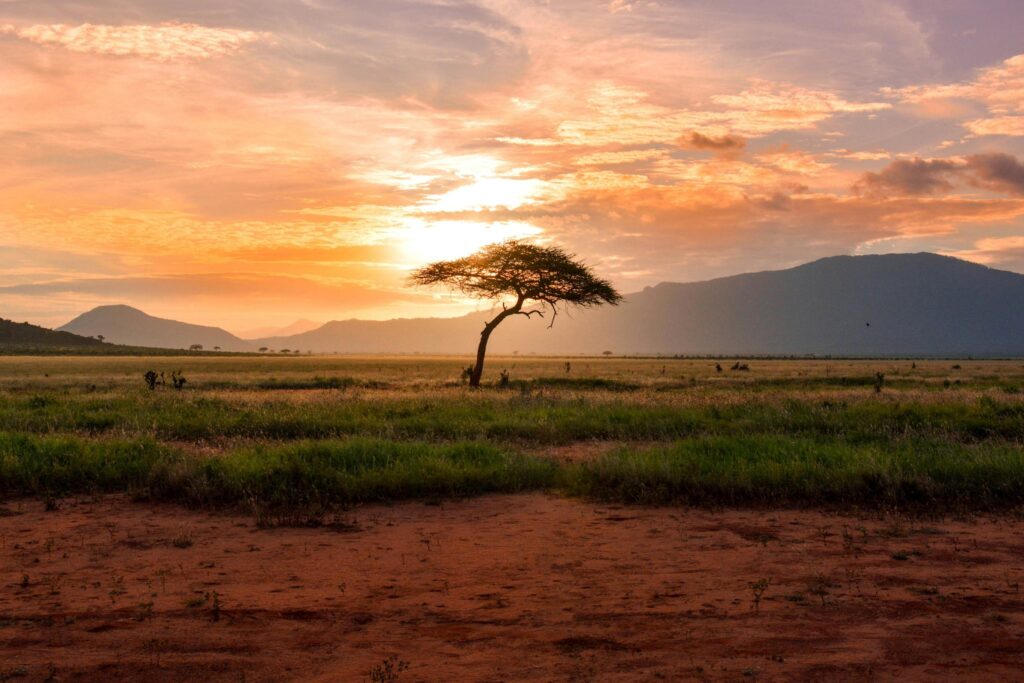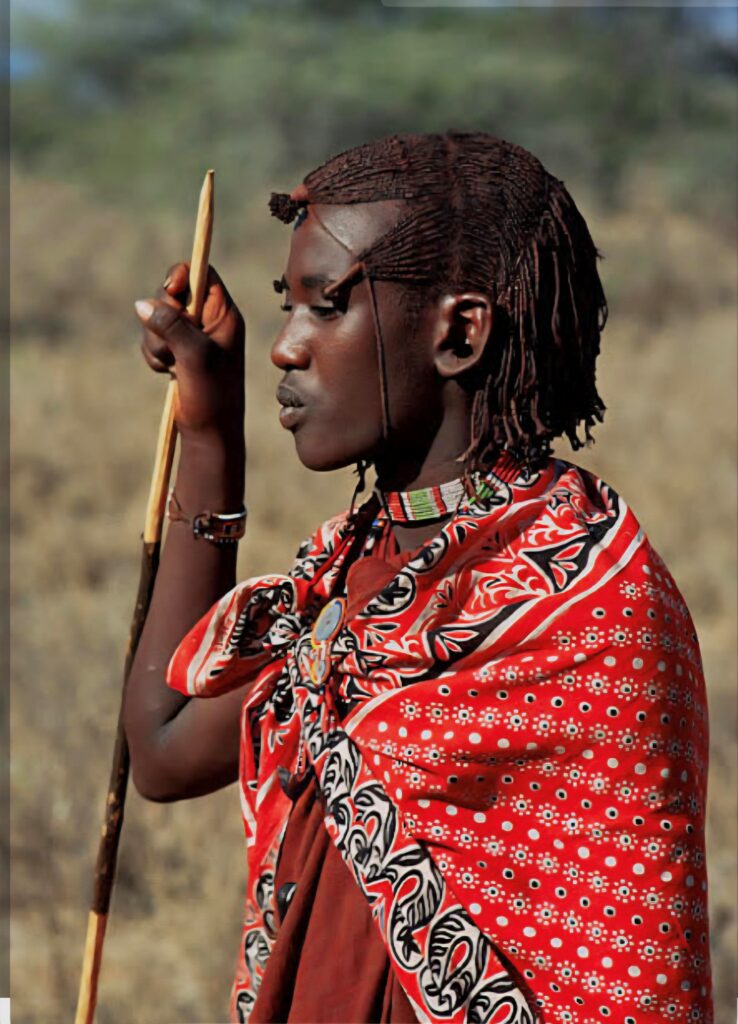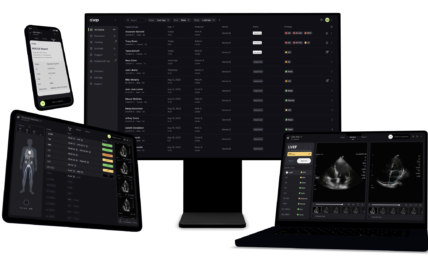Between Syringes and Song: A Nurse’s Journey Through Narok
This one is For the land, the mothers, the language, and the healing. A story I didn’t just write—I lived it. Etched into my bones as a listener and a collector of stories.

This one is For the land, the mothers, the language, and the healing. A story I didn’t just write—I lived it. Etched into my bones as a listener and a collector of stories.

“Nataka utulie, mama. Kila kitu kitakuwa sawa.”
“I want you to relax, mama. Everything will be okay.”
I whispered those words in a dim, humming labour room in Narok, as a Maasai woman clutched the edge of the bed, her body trembling with pain and power. Her name was Naisula, a name that means “one born during rain.” That day, she bled and cried, and somewhere between her pain and my uncertainty, I began to learn the language of healing, from her strength, her silence, and the land itself.
A Land of Rhythm:
I came to Narok as a nursing intern, expecting cases, charts, and clinical routines. What I found instead was a community that pulses with cultural memory. Here, medicine dances with tradition and the line between being a nurse and being a student of life blurs daily.
Narok is not quiet. It sings.
It sings in the clang of boda bodas and the bleating of goats. In the rhythm of hooves on red soil. In the morning greetings of “Supa!” and “Sere!”—the Maa words for “Hello” and “Thank you.” It sings in the chants of elders gathered under acacia trees and in the laughter of children weaving through the marketplace with roasted maize in hand. And somewhere in that song, I began to find myself.

Blessings:
Two weeks ago, in a small rural facility along the main road, my friend and fellow intern Parosei and I helped deliver a healthy baby boy. The labour had been long, but when it ended, the room filled with a kind of light that wasn’t just from the sun. The mother, tears in her eyes and pride in her voice, looked at us and said:
“Ashe oleng, kemayian intae Enkai intarasi” — “Thank you so much, God bless you.”
It wasn’t just a thank you. It was a blessing. A recognition of our hands, our care, our courage. In that moment, I wasn’t just a nurse, I was someone’s daughter being trusted with someone else’s life.
Quiet Crises:
In the same towns and hills where cows graze and elders bless, another story hums quietly, often in whispers and unfinished sentences.
Girls, barely 15 or 16, still drop out of school due to early pregnancies. Some are married off to older men before they even know what they want for themselves. You see it in the eyes of young mothers who should still be students. You feel it in the silence when reproductive health is discussed like a taboo.
Many families still prefer home births. Tradition holds weight here, and some communities are still hesitant to trust modern medical care.
But you don’t see the change at once. Through education and community sensitization—especially by local health workers and youth-led outreach programs—the narrative is shifting. More girls are staying in school. More women are choosing to deliver safely at clinics. Midwives now speak not just of babies, but of dreams for educated daughters, for informed choices, for new futures.
Morans and Cattle:

Every evening, you can spot the morans—young Maasai warriors—walking in perfect rhythm with their herds. Their spears slung over shoulders, wrapped in bright shukas, they seem to speak in silence with the land.
Their bond with cows is spiritual, ancestral. I once watched a moran tend to a cow with a limping hoof. He crouched beside it, speaking softly in Maa, then smeared olcani—a paste made from local herbs—along the swollen joint. No drama, no hurry. Just faith, earth, and hands.
Watching him tend that cow with such tenderness, I realized healing isn’t always about hospitals, it’s also in quiet rituals passed down through generations.
In Narok, not all doctors wear white coats. Some wear red shukas and understand that pain is not always something to erase, but something to honor.
Water: Enkare:
My Maa—slower and clumsy—was a gift I stumbled upon. I remember the very first week of my rotation when a small girl approached me and said, “Nataka enkare.” I didn’t understand until a colleague laughed gently, “She wants water.” Enkare is Maa for water.
And that was the first Maasai word I learned. Somehow, learning to say it made me feel less like a stranger.
Learning to speak, even just a few words, shifted how patients saw me. It wasn’t just that I was a nurse; it was that I was trying.
“Sere” (thank you) became a key. “Naitore” (I don’t know) became a bridge. Language, I found, doesn’t only connect, it heals.
What Textbooks Don’t Teach:
Internship teaches you about protocols, vitals, and triage. Narok taught me other things:
I watched patients die. I helped babies take their first breaths. I stitched deep wounds beneath dim lights and wrapped newborns in kangas printed with the words “Subira huvuta heri” — Patience brings blessings.
And through it all, I kept thinking: what does it really mean to care for people whose way of life you are still learning to understand?
Final Words:
I actually thought that I came here to offer care, but somewhere between the births, the prayers, and the red soil, I found pieces of myself I hadn’t known were missing.
There’s a Maa saying: “Enkai ai oleng,” which means, “God is great.”
I now understand it not as a religious phrase, but a reflection of how deeply life is held in this place, in its pain, its culture, and its people.
To be a nurse in Narok is to carry more than a stethoscope.
It’s to carry respect. Language. Silence. And song.


